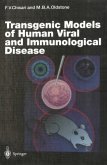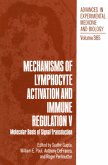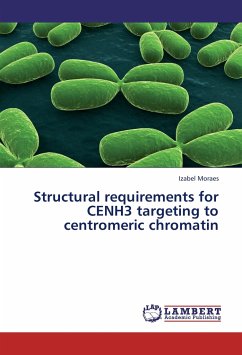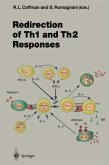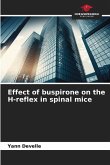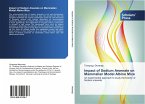Secondary lymphoid tissues (SLTs) are an absolute requirement for lymphocyte activation. Alymphoplastic (NIK-aly/aly) mice lack lymph nodes and display impaired immunity. The malformations of NIK-aly/aly mice are due to a mutation in the NFkB-inducing kinase (NIK). NIK is involved in the formation of SLTs during development. To our surprise, we found that the immunodeficiency of NIK-aly/aly mice results from the impact of NIK on T cell priming but not from the lack of SLTs. We describe an alternative pathway for the induction of cell-mediated immunity, in which antigen-presenting cells sample antigen and migrate into the liver where they induce neo-lymphoid aggregates. We further demonstrate that the NIK-lesion in NIK-aly/aly mice does not cause an intrinsic T cell defect but leads to the failure of dendritic cells to licence CD4+ effector lineages. In detail we discovered that a population of thymic DCs requires NIK and is capable to shape the formation of T effector lineages during thymic T cell development.
Bitte wählen Sie Ihr Anliegen aus.
Rechnungen
Retourenschein anfordern
Bestellstatus
Storno


